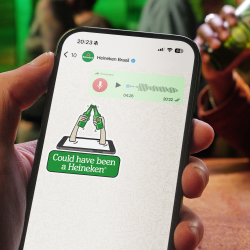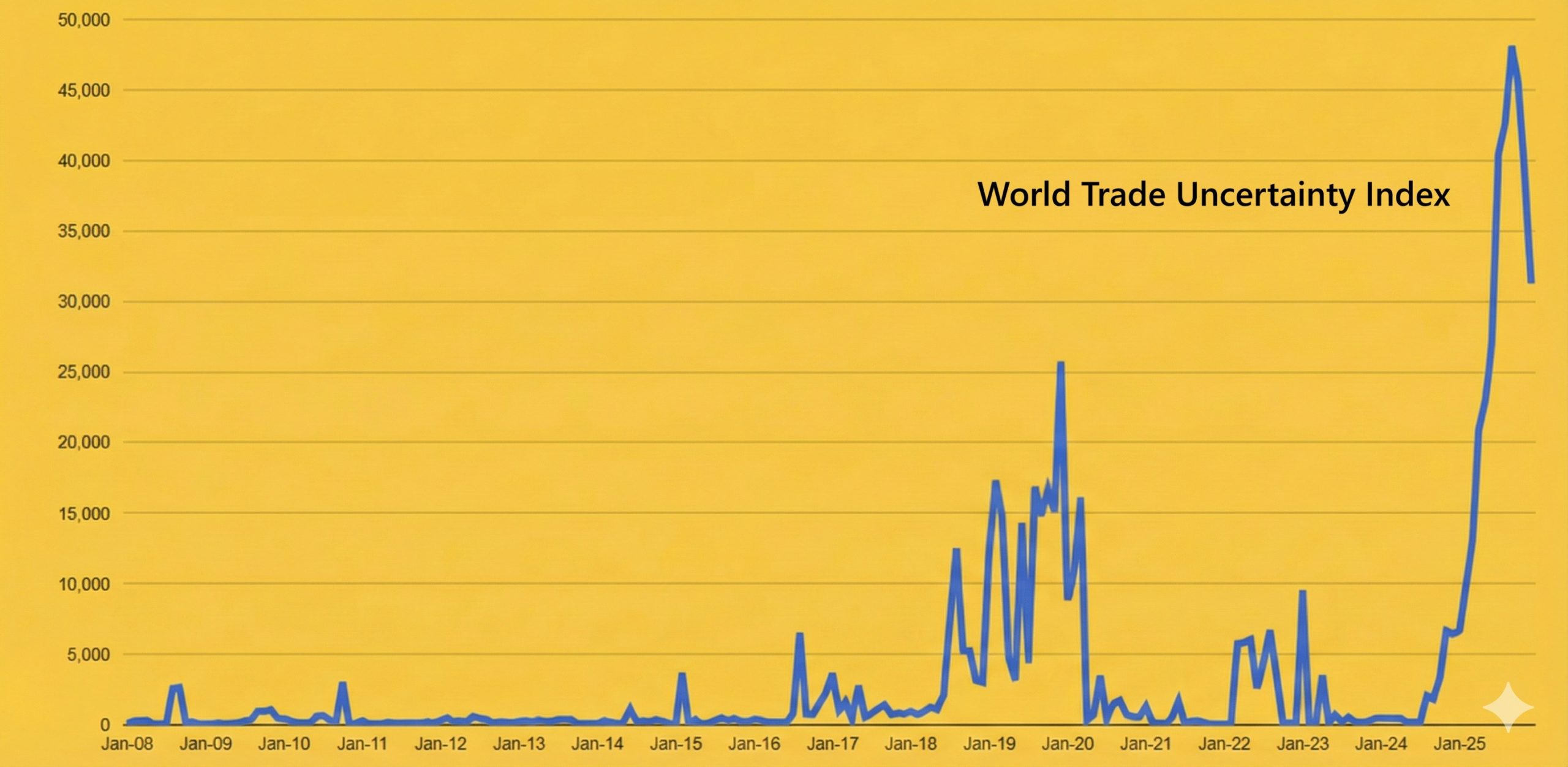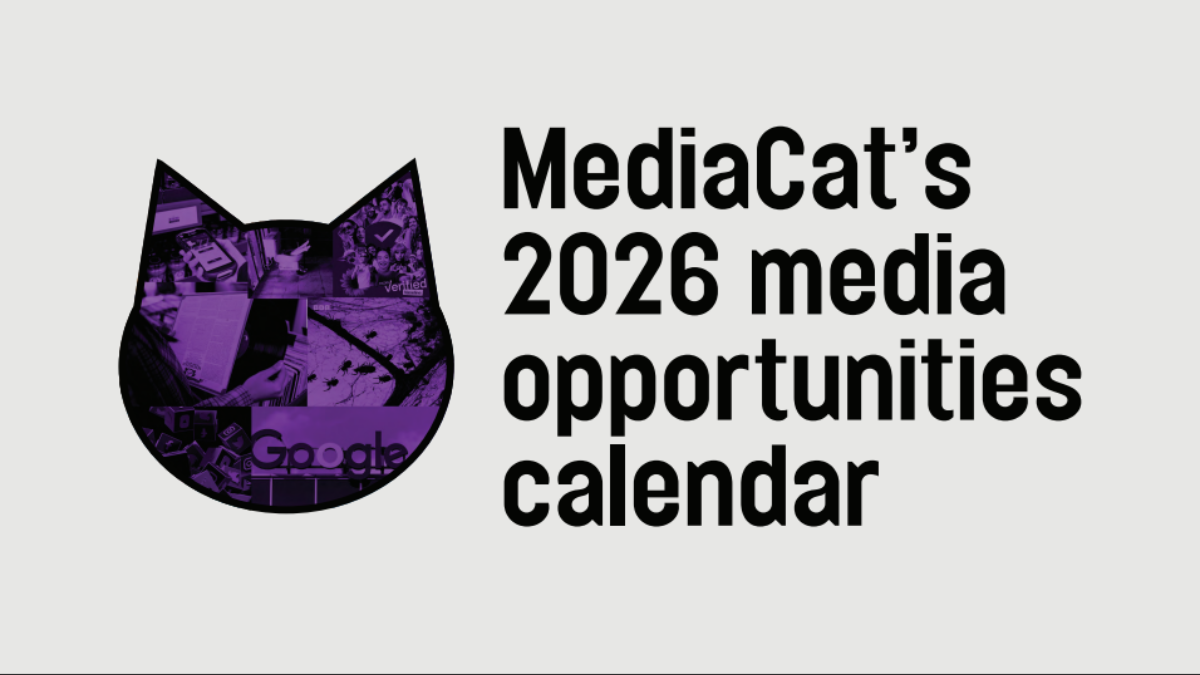The Guardian — not a natural defender of elitism — published an article advocating the return of cultural snobbery last month.
In the piece, pop-culture journalist Rachel Aroesti wrestles with the idea that bad art and media can spread idiocy. On the one hand, she wrote, it seems churlish to shame people for seeking refuge in mindless entertainment during tough times. On the other hand, what if our dumbed-down media diets helped usher in those tough times?
Aroesti isn’t the only newspaper columnist to reappraise cultural elitism in 2025, either. In January, James Marriott wrote in The Times that, while there were obvious drawbacks to a small group of people dictating the discourse, the free-for-all of social media has created its own challenges, weakening shared realities and beliefs and ratcheting up hostilities.
Part of Marriott’s argument is that — rather than algorithms duping good people into embracing conspiracy theories and intolerance — social media has just given people a platform to express tendencies that were always prevalent*.
For example, many people do not ‘find it natural to treat their hated enemies with respect’, observes Marriott. So maybe, he concludes, liberal democracy can’t survive without an elite imposing unnatural ideas like tolerance on the masses?
To some extent, I’m conflating two arguments here — one about policing tastes, and one about giving everyone an equal voice. (And it’s worth stressing that even Marriott is not fully subscribed to the unpalatable belief that democracy can’t work unless you shut some people up.) But both of these things are about who gets to decide what’s valid, and they stem from the same phenomenon — the hierarchy-flattening effects of media fragmentation.
It’s surely not a coincidence that poptimism** and the edict that we must ‘let people enjoy things’ took hold as social media began breaking the mainstream media’s stranglehold on the cultural conversation.
In the same vein, it’s hard not to link the reappraisals of cultural elitism to advancing capabilities of generative AI. (Although, the alarming and apparently enduring enthusiasm for authoritarianism among young people has more than likely motivated some people to look for new answers in old ideas, too.)
We’re at the point where we’re starting to see how tech companies will be able to ‘pair on-the-fly content creation with algorithmic distribution’ to command people’s attention. Now, it may be that people will rebel against the onslaught of slop by seeking out quality, human-made art and entertainment of their own volition. But it’s not a certainty. So, you can see why creators and media owners are warming up to the idea that not all content is created equal.
* There is at least some evidence to support this view. A 2022 study, for example, found that conspiracy theories were no more popular now than in the past. You can find a cogent argument on the topic here.
** Often attributed to Kelefa Sanneh’s article, The Rap Against Rockism, published in October 2004.
Main image by Madison Oren on Unsplash


























